CCS is a necessity for a world hooked on fossil fuels
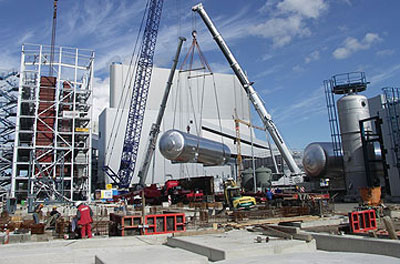 International Energy Agency lists 2013 priorities to re-energise deployment of carbon capture and storage.
International Energy Agency lists 2013 priorities to re-energise deployment of carbon capture and storage.
Jan 2nd, 2013
Read more
 Subscribe to our Cleantech News feed
Subscribe to our Cleantech News feed
 International Energy Agency lists 2013 priorities to re-energise deployment of carbon capture and storage.
International Energy Agency lists 2013 priorities to re-energise deployment of carbon capture and storage.
Jan 2nd, 2013
Read moreBids from companies seeking to buy credits climbed 106 percent from the November trading session, while sell bids gained 18 percent.
Jan 2nd, 2013
Read moreThe new monitoring will include not only PM2.5, but also sulfur dioxide, nitrogen dioxide, ozone and carbon monoxide, the Xinhua news agency said, citing a Friday announcement by the Ministry of Environmental Protection.
Jan 2nd, 2013
Read more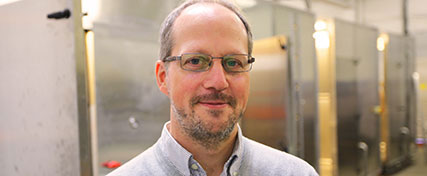 Industries across Europe are threatened as European Union emission rules for Volatile Organic Compounds are tightened. Now an aircleaning invention from the University of Copenhagen has proven its ability to remove these compounds.
Industries across Europe are threatened as European Union emission rules for Volatile Organic Compounds are tightened. Now an aircleaning invention from the University of Copenhagen has proven its ability to remove these compounds.
Dec 29th, 2012
Read moreACTIVEWINDFARMS ('Active wind farms: optimization and control of atmospheric energy extraction in gigawatt wind farms') is investigating ways to introduce optimal techniques for improved control of the interaction between large wind farms and the atmospheric boundary layer.
Dec 28th, 2012
Read more The storage capacity of concentrating solar power can add significant value to a utility company's optimal mix of energy sources, a new report by the U.S. Department of Energy's National Renewable Energy Laboratory (NREL) suggests.
The storage capacity of concentrating solar power can add significant value to a utility company's optimal mix of energy sources, a new report by the U.S. Department of Energy's National Renewable Energy Laboratory (NREL) suggests.
Dec 28th, 2012
Read more Researchers will use the five-year, $9 million grant from the U.S. Department of Energy (DOE) to design solar energy systems and installation and connection procedures that require little or no customization by homeowners and installers.
Researchers will use the five-year, $9 million grant from the U.S. Department of Energy (DOE) to design solar energy systems and installation and connection procedures that require little or no customization by homeowners and installers.
Dec 21st, 2012
Read more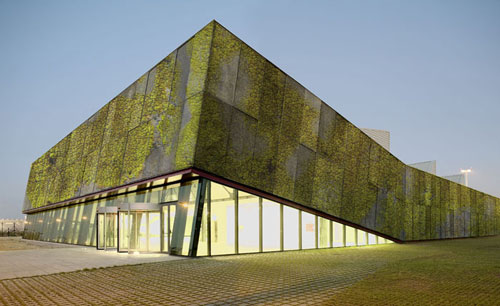 Scientists have developed and patented a type of biological concrete that supports the natural, accelerated growth of pigmented organisms. The material, which has been designed for the fa�ades of buildings or other constructions in Mediterranean climates, offers environmental, thermal and aesthetic advantages over other similar construction solutions.
Scientists have developed and patented a type of biological concrete that supports the natural, accelerated growth of pigmented organisms. The material, which has been designed for the fa�ades of buildings or other constructions in Mediterranean climates, offers environmental, thermal and aesthetic advantages over other similar construction solutions.
Dec 20th, 2012
Read more Surfaces with photo-catalytic characteristics clean the air off nitrogen oxides and other health-endangering substances. Using a new test procedure, Fraunhofer researchers can find out how the coatings behave during a long-term test.
Surfaces with photo-catalytic characteristics clean the air off nitrogen oxides and other health-endangering substances. Using a new test procedure, Fraunhofer researchers can find out how the coatings behave during a long-term test.
Dec 20th, 2012
Read more Stanford researchers have succeeded in developing the world's first peel-and-stick thin-film solar cells. Unlike standard thin-film solar cells, the peel-and-stick version from Stanford does not require any direct fabrication on the final carrier substrate.
Stanford researchers have succeeded in developing the world's first peel-and-stick thin-film solar cells. Unlike standard thin-film solar cells, the peel-and-stick version from Stanford does not require any direct fabrication on the final carrier substrate.
Dec 20th, 2012
Read more Researchers discover a link between climate and volcanic eruptions.
Researchers discover a link between climate and volcanic eruptions.
Dec 19th, 2012
Read morePresent plans for seeding the oceans with iron fail to take into account several factors that could scupper those plans.
Dec 19th, 2012
Read more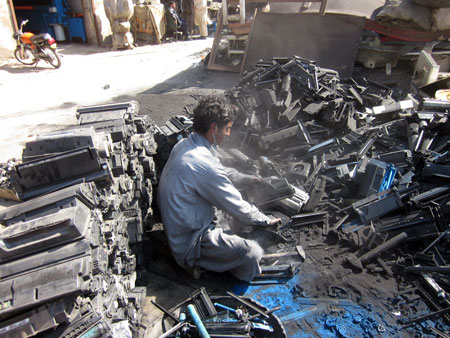 Shakila Umair, researcher at KTH, travelled to Pakistan to see how common electronic devices are dismantled and recycled. She investigated the harsh living conditions of people working with e-waste.
Shakila Umair, researcher at KTH, travelled to Pakistan to see how common electronic devices are dismantled and recycled. She investigated the harsh living conditions of people working with e-waste.
Dec 19th, 2012
Read moreIn a letter to EU Energy Commissioner Guenther Oettinger, more than 70 solar companies and associations say retroactive measures against support schemes are unfair and damage investment climate for renewables.
Dec 19th, 2012
Read moreIn a pan-European contest organised by the European Commission, more than 70 organisations from across Europe have taken part in a campaign called 'A world you like. With a climate you like', which aims to find the best and most original idea for combating climate change.
Dec 18th, 2012
Read more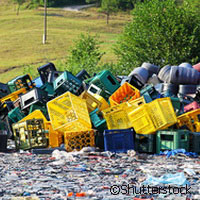 How to be more resourceful is a dilemma facing us all as we strive to reduce, reuse, recycle and substitute. Now an EU project is focusing on the latter with the substitution of critical raw materials.
How to be more resourceful is a dilemma facing us all as we strive to reduce, reuse, recycle and substitute. Now an EU project is focusing on the latter with the substitution of critical raw materials.
Dec 18th, 2012
Read more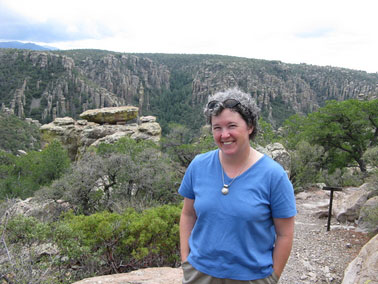 While we do measure the bounty that nature provides, we fail to measure the intrinsic wealth that's found in natural goods. That's the reason why our inclusive wealth is not growing, and one of the reasons why we haven't achieved sustainability.
While we do measure the bounty that nature provides, we fail to measure the intrinsic wealth that's found in natural goods. That's the reason why our inclusive wealth is not growing, and one of the reasons why we haven't achieved sustainability.
Dec 18th, 2012
Read moreA new heat-trading simulation tool could help create the kind of open-market for heat trading as a means to avoid dumping useful heat and save energy while reducing carbon dioxide emissions.
Dec 18th, 2012
Read more